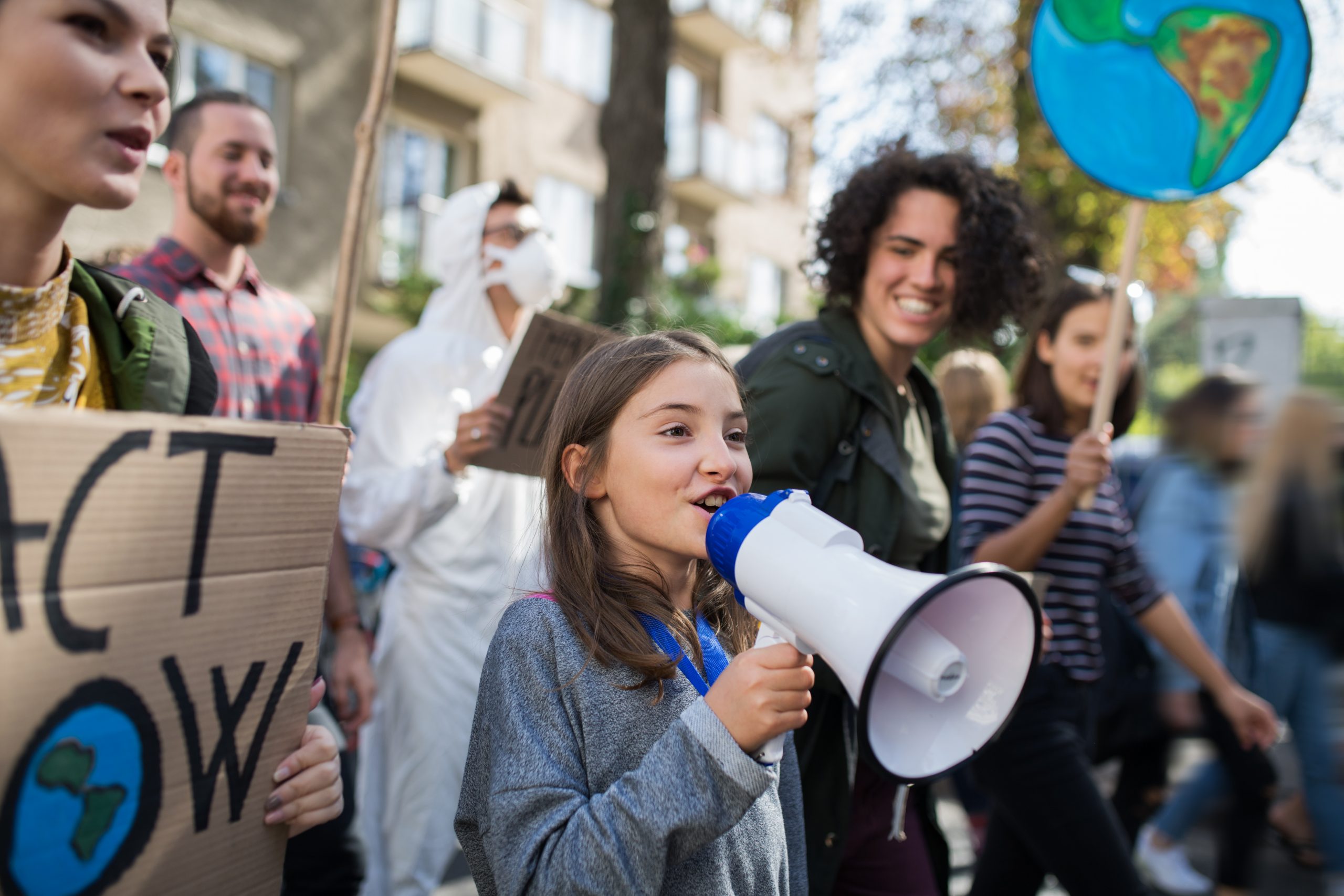Climate Change: A Global Threat with Local Solutions

The following is a guest post written by Aarati Bothe, sophomore in chemical engineering at NC State University and volunteer intern for WakeUP.
Since late last year, I’ve been serving as a volunteer intern at WakeUP Wake County. As a sophomore in chemical engineering at NC State University, I hadn’t previously had much experience working within the nonprofit realm, so it’s been an eye-opening experience.
Before volunteering with WakeUP, I thought I had a solid understanding of climate change. In the last few months, however, I’ve realized just how one-dimensional my perspective was.
Adequately addressing our growing climate crisis will take so much more than merely limiting plastic use and buying eco-friendly products. Because transportation is the largest source of planet-warming greenhouse gases in the United States today, we also need to create ways to limit dependence on driving, reduce suburban sprawl, and encourage more biking and walking within our communities. For this reason, the solutions to the climate crisis lie not just in new federal policies and regulations — although those are obviously important — but in new, forward-thinking local policies, too.
In fact, the future of our planet — and that of society, too, for that matter — is rooted in the choices we make today about transportation and housing.
Driven to Change: A Virtual Summit on Transportation, Housing, and the Climate Crisis in our Region
Transportation and housing policies are crucial tools for addressing the climate crisis because they shape how our towns and cities grow. In fact, these two issues are so pivotal to addressing rising global temperatures that, on February 17th and 18th, WakeUP will be hosting a virtual summit to discuss how our housing and transportation choices contribute to the growing climate crisis. Over the two day event, concerned residents will have the opportunity to hear from — and ask questions of — globally renowned experts in climate science and urban planning.
The keynote speakers for the event include:
- Dr. Katharine Hayhoe, atmospheric scientist and professor of political science at Texas Tech University; Director of the Climate Science Center; & CEO of ATMOS Research and Consulting
- Brent Toderian, founder of TODERIAN UrbanWORKS and former Chief Planner of Vancouver BC, Canada
- Doug Parsons, Founder of America Adapts Media and the America Adapts Podcast
- Jeremy Tarr, Senior Advisor for Climate Change Policy to North Carolina Governor Roy Cooper
- Mary-Ann Baldwin, Mayor of the City of Raleigh
For more information about this exciting event, click on the following link: Driven to Change: A Virtual Summit on Transportation, Housing, and the Climate Crisis in our Region.
Creating change requires getting to the root of the problem and understanding the why, how, and what of the issue, and that is exactly what this event is focused on achieving. Each session of our upcoming virtual summit will address a separate aspect of the climate crisis — from the fundamentals of climate science, to policy solutions for reducing emissions, to strategies for adapting to an altered climate, to reversing longstanding patterns of environmental injustices.
As we made clear in our recent op-ed in the News & Observer, solving the climate crisis will not be easy. It will require hard work and sacrifice from each one of us. But I’ve never been more confident we can do it, especially in light of recent events surrounding the coronavirus pandemic.
Although I’ve only been with WakeUP for a few months, I’ve come to believe, optimistically, that we need to fight climate change the same way we’ve learned, over the past year, to fight COVID-19 — through behavioral and lifestyle changes and smart, strategic policies that look out for the most vulnerable among us.
Although it hasn’t always been obvious, I believe the coronavirus pandemic has shown that the vast majority of people are willing, when called upon, to set aside personal interests and work together to defeat a mutual threat. That’s a mindset needed now more than ever to address the climate crisis.


